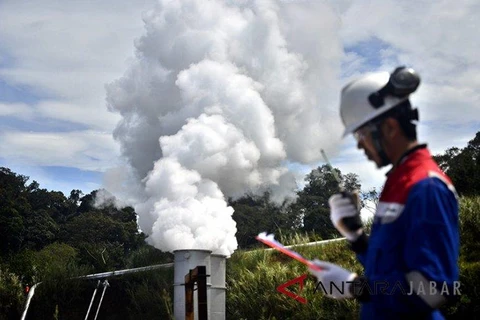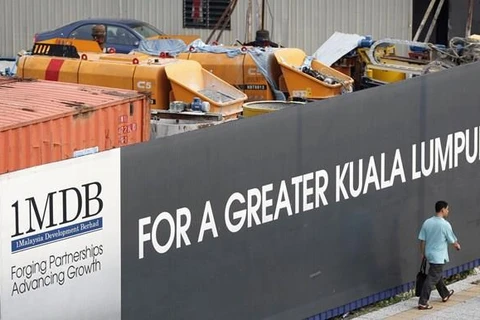Hanoi (VNA) - The World Bank (WB) has said the Malaysian government needs to diversify and increase its revenue resources, including widening coverage of the sales and services tax (SST) to rebuild fiscal buffers.
In its October 2019 edition on the Economic Update for East Asia and the Pacific, themed “Weathering Growing Risks”, released on October 10, the WB said exercises towards diversifying revenue resources are needed, as Malaysia’s comparatively high level of government liabilities would continue to exert constraints on fiscal space available in the event of macroeconomic shocks.
The WB’s lead economist in macroeconomics, trade and investment Richard Record said the challenge of the government now is to widen coverage of the SST.
He also said the government could introduce more progressive elements in its revenue policies, including a realignment of tax incentives and an expansion of personal income taxes to rebuild fiscal buffers.
According to him, widening the SST coverage would lead to inflation in the country, and the exercise could be implemented when the inflation rate is comparatively low.
The government can identify those items consumed most by the low-income group, and take measures to protect them, he said.
The WB forecast that Malaysia’s consumer price index will grow by 0.8 percent in 2019 and 1.7 percent in 2020, and the country will meet its fiscal deficit target of 3.4 percent of gross domestic product this year, supported by monetary measures.
On economic growth prospects, it said risks to Malaysia’s growth outlook continues to tilt towards the downside, mainly due to the US-China trade tensions and a maturing global technology cycle, which could weigh on the country’s exports demand in the near term.
Overall, it maintained Malaysia’s GDP growth at 4.6 percent this year./.
























